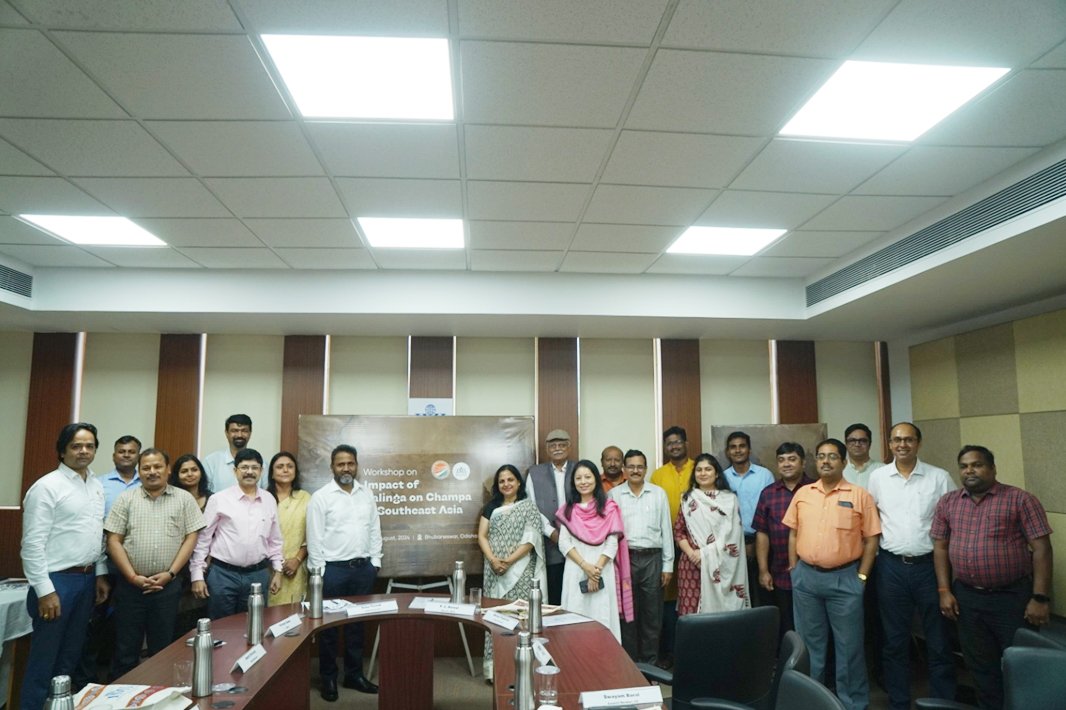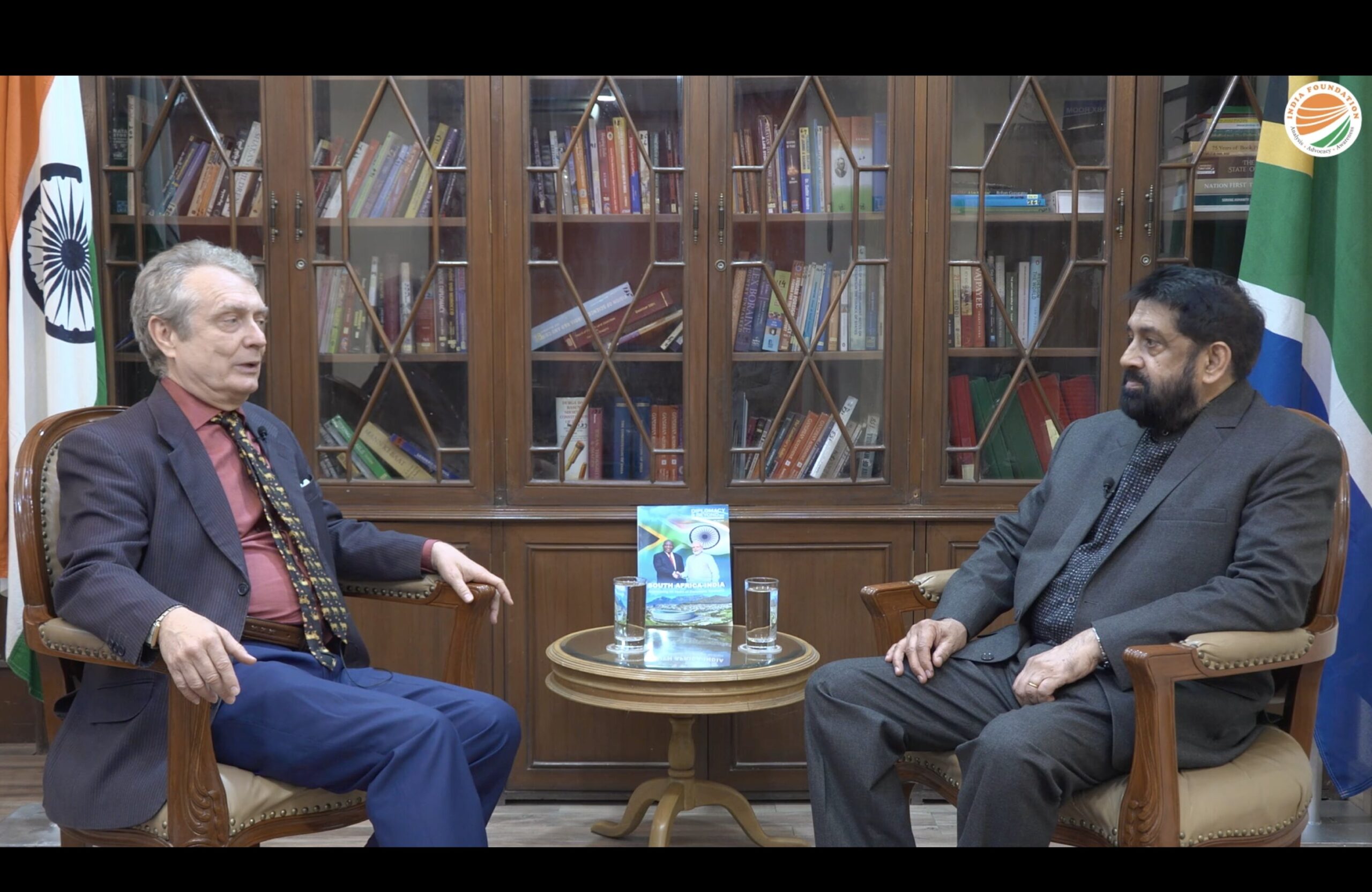The historical and cultural interactions between the ancient civilizations of India and Southeast Asia have been profound and enduring. Among these interactions, the influence of the Kalinga region (present-day Odisha) on the Champa Kingdom (located in Vietnam) stands out as a significant chapter in the annals of cultural exchange. Archaeologists, geographers and historians have traced the land and sea routes leading to ‘Indianisation of Southeast Asia’ since the very early period. This cultural diffusion was facilitated by maritime trade routes that connected the Indian subcontinent with Southeast Asia. Indian traders, scholars, and religious missionaries travelled these routes, bringing with them a rich amalgamation of ideas and practices.
The Champa Kingdom, which flourished from the 2nd to the 19th century in what is now central and southern Vietnam, played a significant role in shaping the cultural, political, and economic landscapes of Southeast Asia. The remnants of Champa’s civilization, including its temples, inscriptions, and artefacts, offer a glimpse into its rich heritage and influence.
It is believed that Kalinga had close maritime interactions with the ancient kingdom of Champa in Vietnam. The people of Champa known as Chams were engaged in maritime trade with Kalinga leaving a huge impact on the political, economic, religious and social life of the Chams and the remnants of that hallmark are still visible in Vietnam today. A renewed interest in spiritual enlightenment has bestowed a fresh perspective on understanding and retracing the Kalinga-Champa linkages.
Given this backdrop, India Foundation in collaboration with the International Management Institute (IMI), Bhubaneswar organised a Workshop on the “Impact of Kalinga on Champa in Southeast Asia” on 01 August 2024 at IMI, Bhubaneswar exploring the multifaceted impacts of Kalinga on Champa culture including the historical, political, and socio-economic exchanges that shaped the interactions in Southeast Asia. By delving into the rich historical interactions between Kalinga and the Champa territory, the Workshop aims to uncover the shared cultural heritage that continues to bind India and Southeast Asia and stimulate further research and exploration in this fascinating field. This is the Inaugural Workshop of the ICSSR-sponsored project “Kalinga and Champa: Retracing Civilisational Linkages between India and Vietnam”.
This Workshop brings together historians, archaeologists, anthropologists and scholars specializing in Indian and Southeast Asian history to explore and discuss the enduring legacy of the Kalinga-Champa connection and its cultural imprint on Southeast Asia. Various sub-themes deliberated in the Workshop were Historical Overview of the Kalinga region, Maritime Trade and the influence of Kalinga on Champa in Southeast Asia, Political and Economic Engagements between Kalinga and Champa and Archaeological findings highlighting the connections between Kalinga and Champa. Inaugural Session was addressed by Prof (Dr) P.C. Biswal, Director, IMI, Bhubaneswar and Dr Sonu Trivedi, Associate Professor, Zakir Husain Delhi College, University of Delhi and Distinguished Fellow, India Foundation. Speakers of the working sessions were Mr Swayam Baral, Council Member, CII, Prof Harihara Panda, Professor, National Defence Academy, Pune and Member, ICHR, Mr Amrit Ruturaj, Collector, Dhenkanal, Odisha, Prof Nirmal Chandra Dash, Professor Emeritus, Department of Anthropology, KISS University, Bhubaneswar, Prof Ramakrushna Panigrahi, Professor, International Management Institute (IMI), Bhubaneswar, Prof Gyanaranjan Swain, Professor and Head of the School of Political Science, Gangadhar Meher University, Sambalpur, Odisha, Dr Swayam Prava Mishra, Assistant Professor, Department of A&A Economics Utkal University, Dr Anirban Bandyopadhyay, Associate Professor, School of Tribal Culture, Philosophy and Eco-spiritualism, KISS, Bhubaneswar, Dr Siba Sankar Sahu, Assistant Professor, Department of Geography, Ravenshaw University, Dr Tanaya Mohanty, Associate Professor, Department of Sociology, Utkal University, Dr Shristi Pukhrem, Deputy Director (Academics & Research), India Foundation and Ms Shivani Badgaiyan, Research Fellow, India Foundation.





